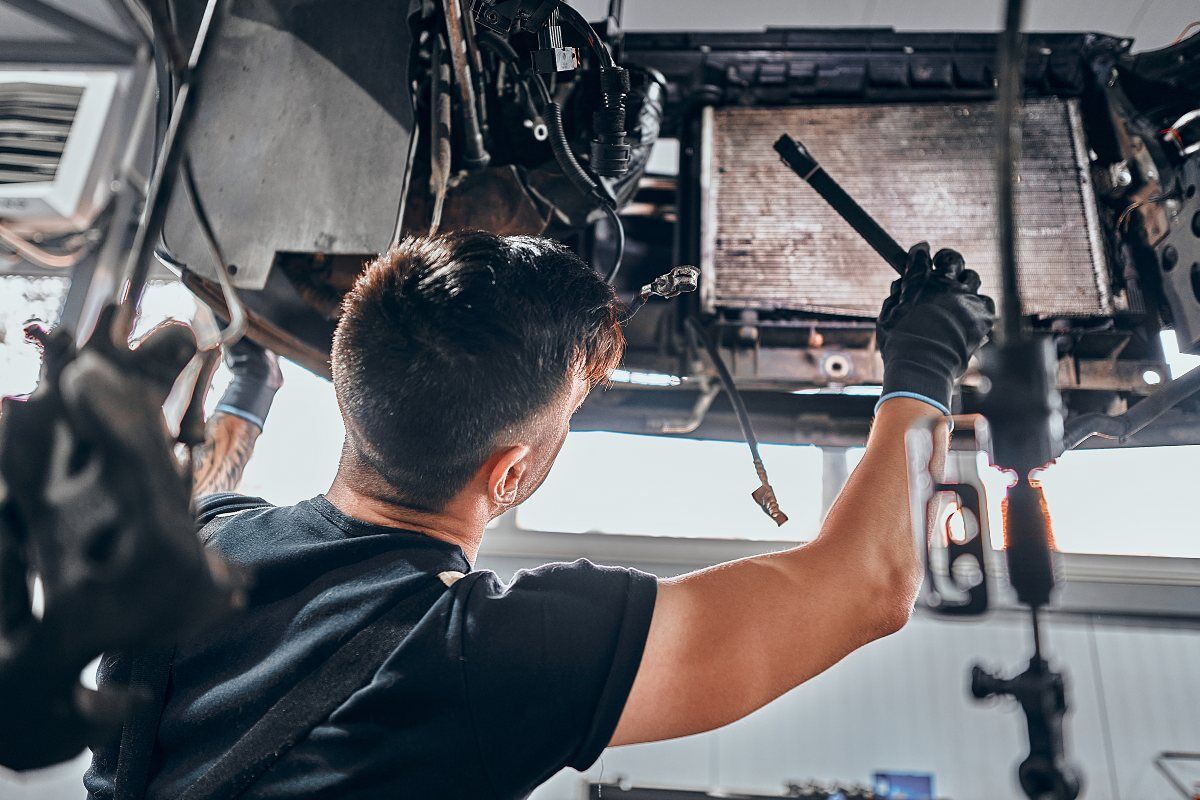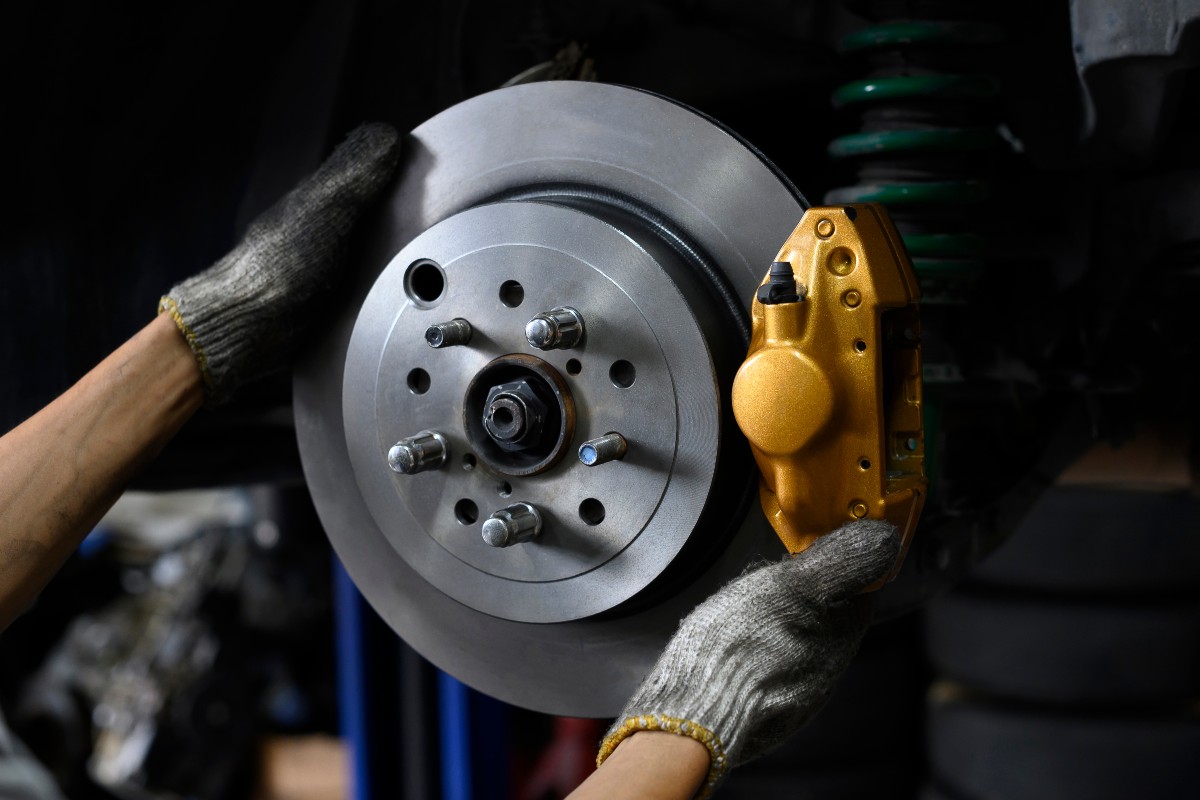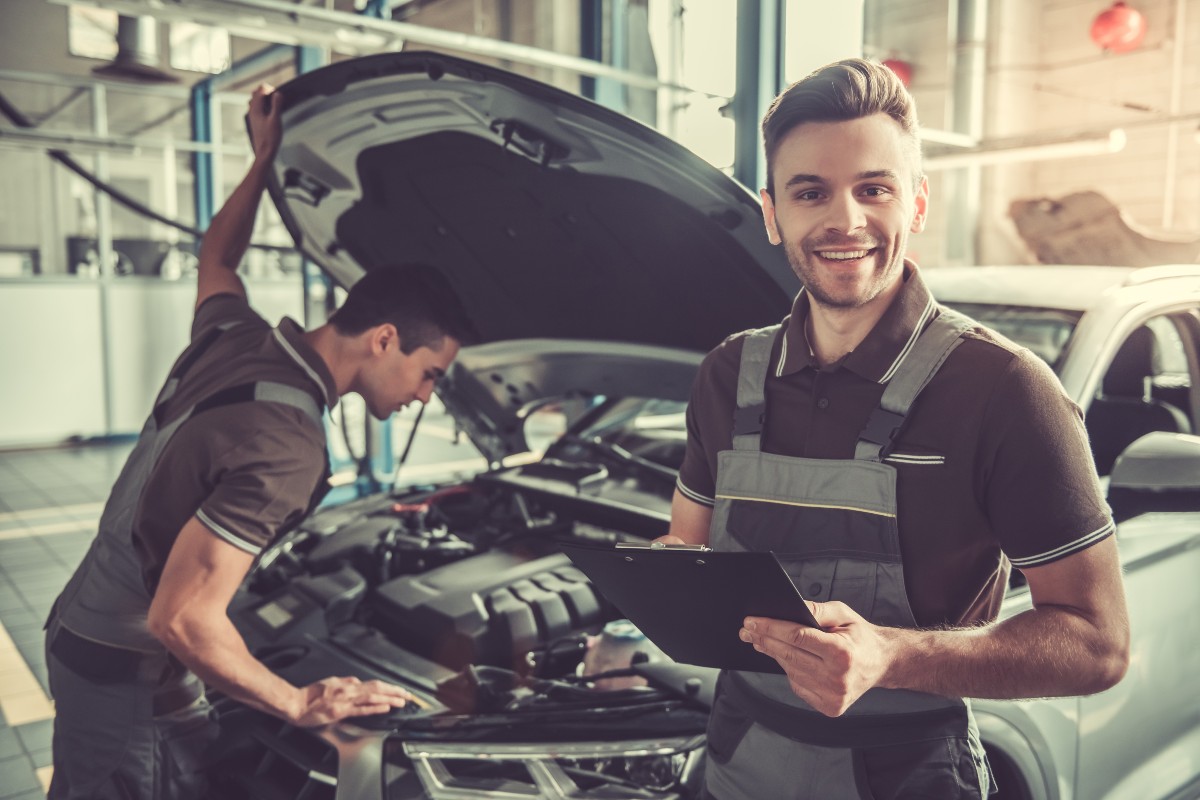One of the most crucial lessons you need to learn early in your automobile owning experience is just how important regular automotive maintenance is to the health and longevity of your vehicle. If you’d like your new Chevy car, truck or SUV to continue running smoothly for years to come, you need to pay proper care and attention to it regularly. By doing so you won’t just ensure that you get the most out of your vehicle by extending its lifespan, you’ll also prevent unforeseen repairs that can often be quite costly and ensure a safe experience on the road for you, your passengers and everyone else around you. Today we thought we’d dive into some tips on keeping up with your regular auto maintenance, including details on the recommended schedule you should keep.
Oil Changes
First and foremost, you’re going to want to stay on top of your oil changes. Engines are probably the most important part of any vehicle, so making sure they stay lubricated and running smoothly is paramount. Over time your oil can become diluted with debris and other contaminants, which left unchecked can severely damage your engine. So changing your oil filter, emptying out your old oil and filling it up with a new batch is crucial. Your owner’s manual should have a maintenance schedule in it or alongside it, and this is the schedule you should follow. But a typical rule of thumb is every 5,000 to 7,500 miles.
Tire Care
Your tires are another very important part of your automobile as they’re what actually touches the road. Any product you get and use often is prone to normal wear and tear, and that’s certainly true for your tires. You should regularly check your tire pressure if your system doesn’t do it for you and ensure proper inflation, filling them with air if ever necessary. This will help increase the longevity of your tires, which aren’t inexpensive, as well as improve fuel efficiency.
Tread is just as important as air pressure when it comes to your tires, so you should also check your tire tread occasionally to make sure it hasn’t worn too thin from use. To help maintain steady wear and tear on your tire tread, rotate your tires whenever you change your oil. You can also do things like tire balancing and wheel alignment to help with your tread.

Brake Inspections
We might start to sound like a broken record, but your brakes are obviously another incredibly important part of your vehicle. If your brakes begin to wear out it becomes more difficult to stop your vehicle, obviously presenting an incredibly dangerous situation. You should get brake inspections on a regular basis to make sure everything is in working order, but also pay attention to signs of bad brakes. These include things like squeaking and grinding noises, vibrations in the steering wheel or throughout the whole vehicle, a change in tension on the brake pedal and more.
Additional Maintenance Tips
We could go on for hours about all of the different maintenance services you should be aware of throughout the life of your vehicle, but we wouldn’t be telling you anything you can’t find in your owner’s manual. Our biggest tip today is to find that and give the section about regular maintenance a once over, but here are a couple additional maintenance tips:
- Oil and gas aren’t the only fluids that your vehicle needs to run like it should, so make sure to regularly check the levels of these other essential fluids and top them off when necessary. This can typically be done alongside your oil change, so mention it to your mechanic if you’re concerned about it while stopping in for a service visit. These include coolant, brake fluid, transmission fluid and windshield washer fluid.
- With a bad battery none of your electrical systems work, which means your ignition system can’t get power to the starter motor. Whenever you’re checking your vehicle over for anything you should pop the hood and check for things like corrosion, damage or even leaking. You could go the extra mile and clean the battery terminals on a regular basis, but at the very least you should have it tested each year.
Hopefully, these tips have helped you figure out some of the most important things to keep in mind when it comes to maintenance for your new vehicle. If you have any questions, you can always feel free to reach out to our service department as our knowledgeable staff would be happy to help.



